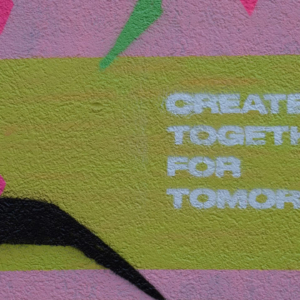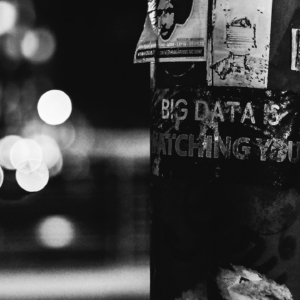Science, Technology and Society

Marcus Enoch, author of 'Roads Not Yet Travelled', argues that transport must shift beyond short-term thinking and conventional planning to embrace bold, imaginative, and inclusive long-term visions of what it could become.…Read more

Margaret Heffernan explores the debate over AI's impact on the arts, highlighting how AI threatens artists' livelihoods while undervaluing the crucial creativity and innovation that artists bring to society.…Read more

Scott Timcke, author of 'Algorithms and the End of Politics', explores how agentic AI, with its autonomous decision-making, threatens democratic principles by undermining transparency, accountability and human control.…Read more

Peter Hopkins, author of the forthcoming book 'Everyday Islamophobia', highlights how young Muslims find social media both empowering and dangerous, urging education over restrictions to tackle online Islamophobia.…Read more

Most read articles and most listened to podcast episodes in 2024 from Transforming Society, published by Bristol University Press and Policy Press, sharing impactful research aimed at inspiring social change. …Read more

Kyla Bavin, Adam Lynes, James Treadwell and Max Hart, authors of 'Crimes of the Powerful and the Contemporary Condition', explore how AI’s true threat lies not in dramatic apocalyptic scenarios but in its subtle erosion of workers’ rights, deepening inequalities, and enabling corporate exploitation.…Read more

Lindy A. Orthia and Tara Roberson, authors of 'Queering Science Communication', argue that at a time in history when trans and non-binary people are experiencing an avalanche of hate and harm, science communicators can no longer sit by and do nothing.…Read more

Mareile Kaufmann, author of 'Making Information Matter', examines the rise of ancestry research and how it fosters new cultures of genomic data collection, with businesses capitalising on its commercialisation.…Read more

Merete Monrad explores how AI shapes emotional expression and imposes norms in digital interactions, highlighting the political implications of these technologies.…Read more

As part of the Academics Stand Against Poverty blog series, Georgia van Toorn, Joanna Redden, Lina Dencik, Jess Brand and colleagues challenge Labour to resist the temptation to rely on technological solutions such as AI to tackle the structural problems of poverty and inequality.…Read more


